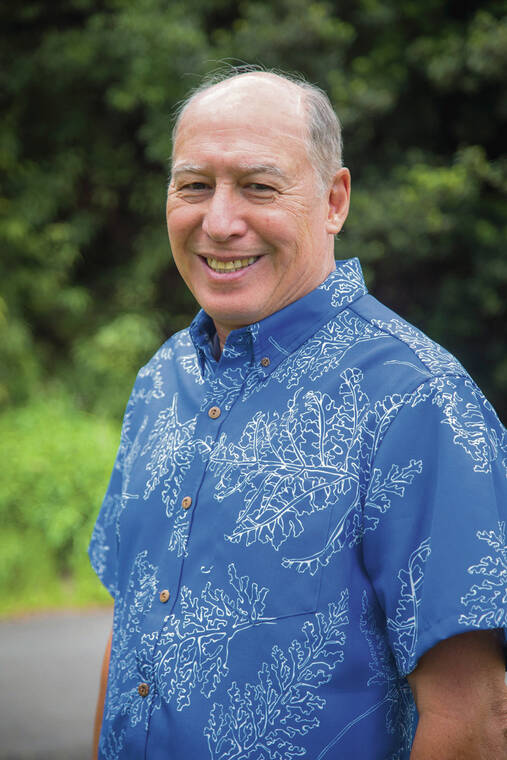
The announcement of a vacancy on the board of trustees for Kamehameha Schools has ignited discussions on the essential qualities needed for effective leadership in this pivotal role. The trustees are charged with the significant responsibility of upholding the legacy of Ke Ali‘i Bernice Pauahi Bishop and ensuring that her vision benefits the people and culture of Hawaii for generations to come.
In this context, the demand for trustees who are not only experienced but also deeply aligned with the founder’s worldview is more critical than ever. The qualities required for this leadership position encompass a multifaceted understanding of wealth and wellbeing, known as waiwai. This perspective extends beyond the academic achievements of individual students to include the broader implications for the community and the environment. A commitment to fostering a “thriving self-determined lahui” is vital, with trustees expected to embody this mission in their actions and decisions.
Essential Qualities for Leadership
Trustees must also demonstrate confidence as oiwi leaders, which means possessing a deep understanding of Hawaiian history, language, and values. This role requires a commitment to not only acknowledge but also advocate for an oiwi perspective in governance. An effective trustee inspires others to view this leadership as a source of insight rather than merely a nod to tradition.
Another critical quality is a strong connection to the aina, or land, which is central to Hawaiian identity. For trustees, the relationship between people and place is reciprocal; land is not just an asset but a living ancestor. Understanding this connection is essential for making decisions that uphold ancestral values and promote sustainability.
Moreover, trustees must exhibit leadership gravitas and possess decision-making experience. The responsibility of managing Kamehameha Schools’ extensive resources and cultural legacy requires the ability to navigate complex issues while remaining anchored in values. Gravitas is cultivated through meaningful involvement in high-stakes decisions, demanding both courage and humility.
Strategic Thinking and Collaboration
The challenges facing Kamehameha Schools are inherently complex and interconnected. Therefore, trustees must adopt a systems thinking approach, recognizing the intricate relationships among education, health, environment, economics, and culture. Those equipped with this holistic perspective can anticipate the broader implications of their decisions and work towards long-term community well-being.
A firm understanding of financial and legal complexities is also paramount. The stewardship of Kamehameha Schools involves a substantial inheritance from its founder, and trustees must navigate a landscape filled with educational reports, financial strategies, and legal frameworks. Such interdisciplinary competence enhances the likelihood of successful outcomes.
Finally, effective collaboration is essential for any trustee. The board functions as a team, and the ability to foster honest communication and build consensus is vital for achieving shared objectives. Experience in collaborative leadership ensures that trustees can unite around a common purpose and model ethical leadership.
In conclusion, the role of a trustee for Kamehameha Schools demands a combination of cultural knowledge, visionary leadership, and a commitment to holistic perspectives. These qualities are critical for achieving the significant and necessary outcomes that will benefit Hawaii’s future. Neil J. Kahoʻokele Hannahs, founder of Hoʻokele Strategies LLC, highlighted the importance of these attributes. Hannahs spent 41 years with Kamehameha Schools, managing 358,000 acres of land and establishing key programs that support the community. As the search for new trustees continues, the emphasis on these foundational qualities will be crucial in guiding Kamehameha Schools into the next chapter of its storied legacy.






